The Smithsonian’s National Zoo’s Kids’ Farm exhibit is home to domestic animals rather than exotic animals or wildlife. Volunteers will be trained to perform keeper aide tasks, such as preparing diets, cleaning enclosures and creating enrichment items. Additionally, unlike any other program at the Zoo, volunteers will also be trained in interpretation techniques, including interacting with the general public, giving public demonstrations and educating visitors about environmental issues.
Shifts are available daily from 7 a.m. to 3 p.m. Volunteers must be able to commit to at least one four-hour shift every other week for a minimum of one year.
Age Range:
18+
Commitment:
long-term
Special qualifications:
Volunteers should be physically fit and willing to work in all types of weather, as the Kids’ Farm animals are housed outdoors and in a large barn. Volunteers should be interested in learning about and caring for a variety of domestic animals, such as cows, alpacas, chickens and donkeys as well as interacting with Zoo guests about environmental issues. Some animal care experience is preferred but not required.
Training:
Once provisionally accepted, volunteers must complete mandatory online and in-person orientation and training. Additional training will be provided on the job. There is a probationary period for all volunteers.
Location:
Washington DC
Status:
Open
Category:
Education
Zoo Support
Contact phone:
202-633-3061
Additional information:
These positions are highly competitive, and there are limited spaces available. Submission of an application is not a guarantee of placement. Applicants will be interviewed by unit staff, and those who are provisionally accepted will undergo background checks, including fingerprinting, as a requirement for approval as a volunteer. Once accepted, volunteers must submit proof of required vaccinations, including tetanus and a negative TB test, to the Zoo’s health unit.
Please note: It is the Zoo’s policy that individuals who keep venomous animals in personal collections will not be accepted as volunteer keeper aides.
Apply here
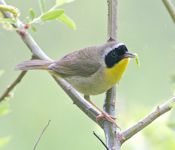


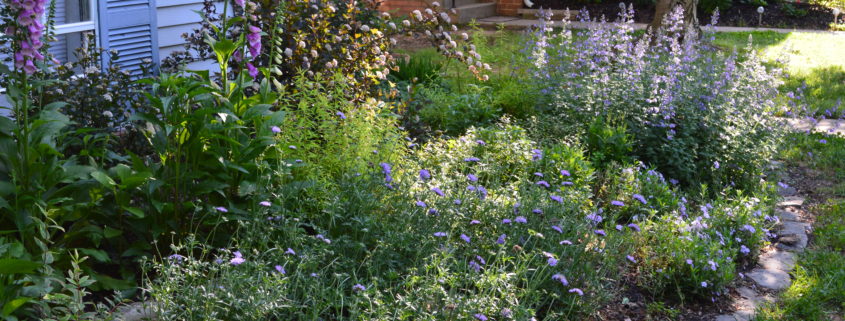
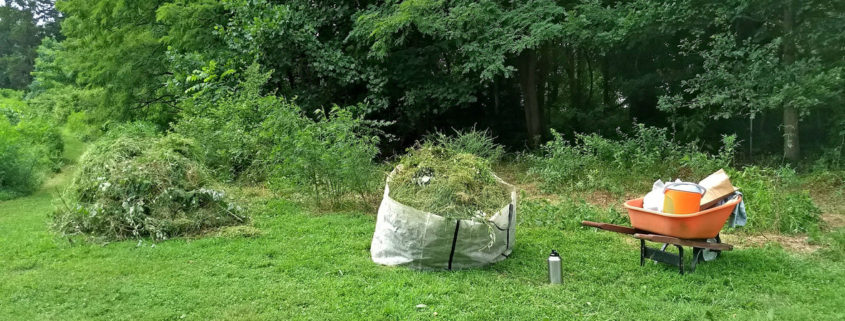
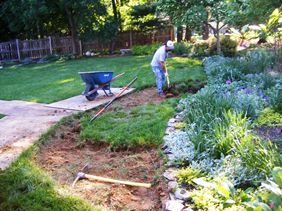
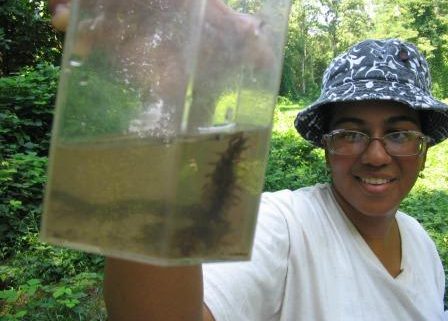
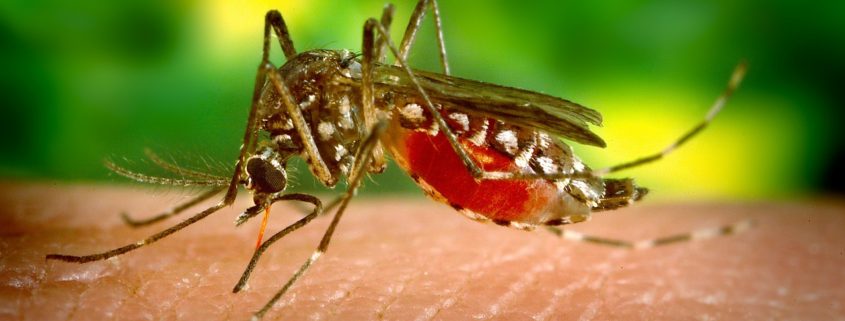
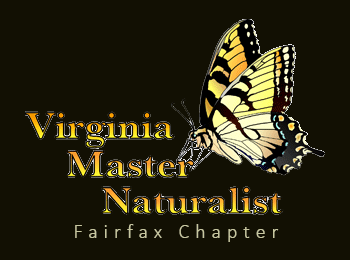
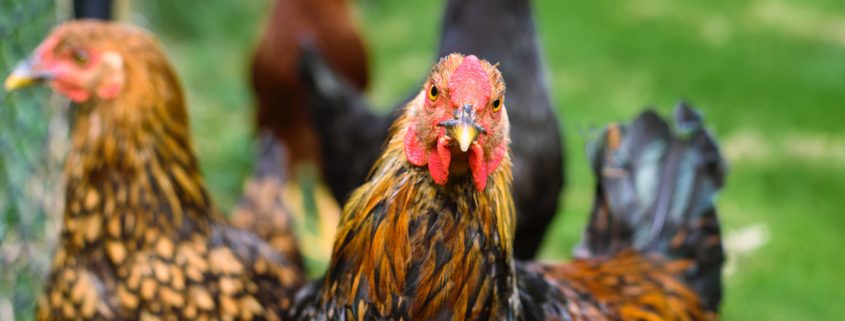
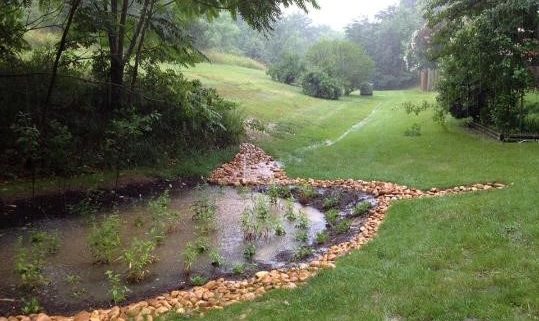
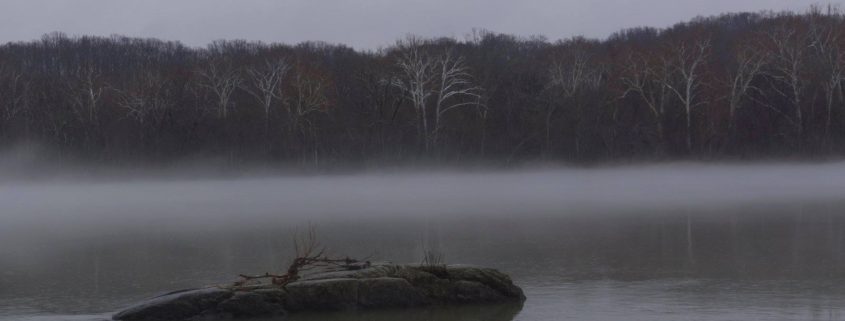
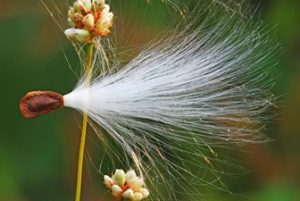

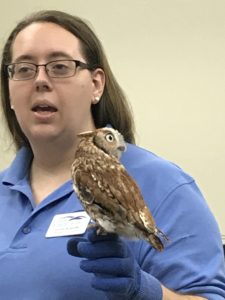 BlueRidge Wildlife Center is hosting a Paint Nite in the Ronald M. Bradley Learning Center, and invites the community to come paint with local artist Carol Erikson and the staff of BRWC. Prior to painting, you can visit with their Wildlife Ambassadors.
BlueRidge Wildlife Center is hosting a Paint Nite in the Ronald M. Bradley Learning Center, and invites the community to come paint with local artist Carol Erikson and the staff of BRWC. Prior to painting, you can visit with their Wildlife Ambassadors.